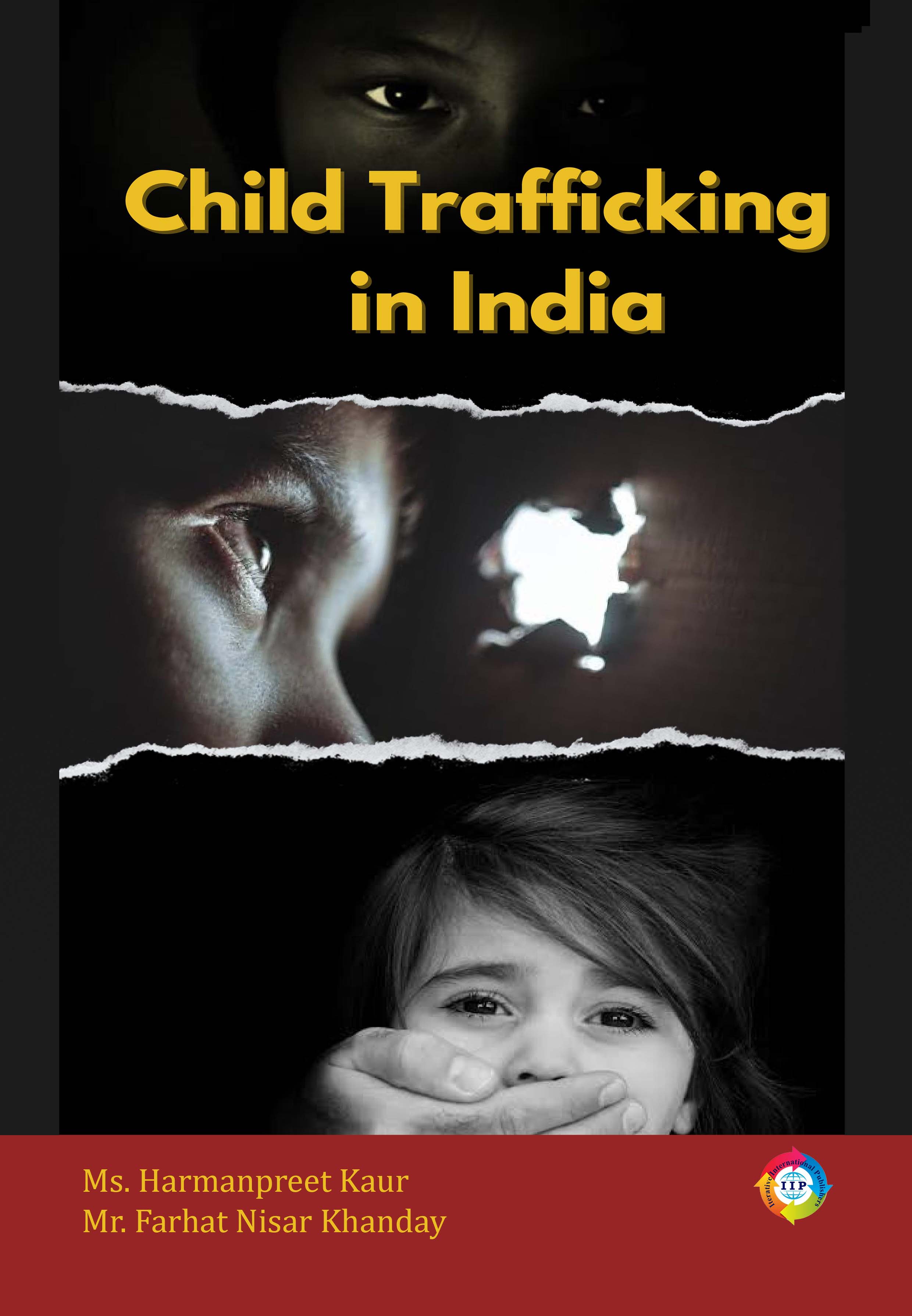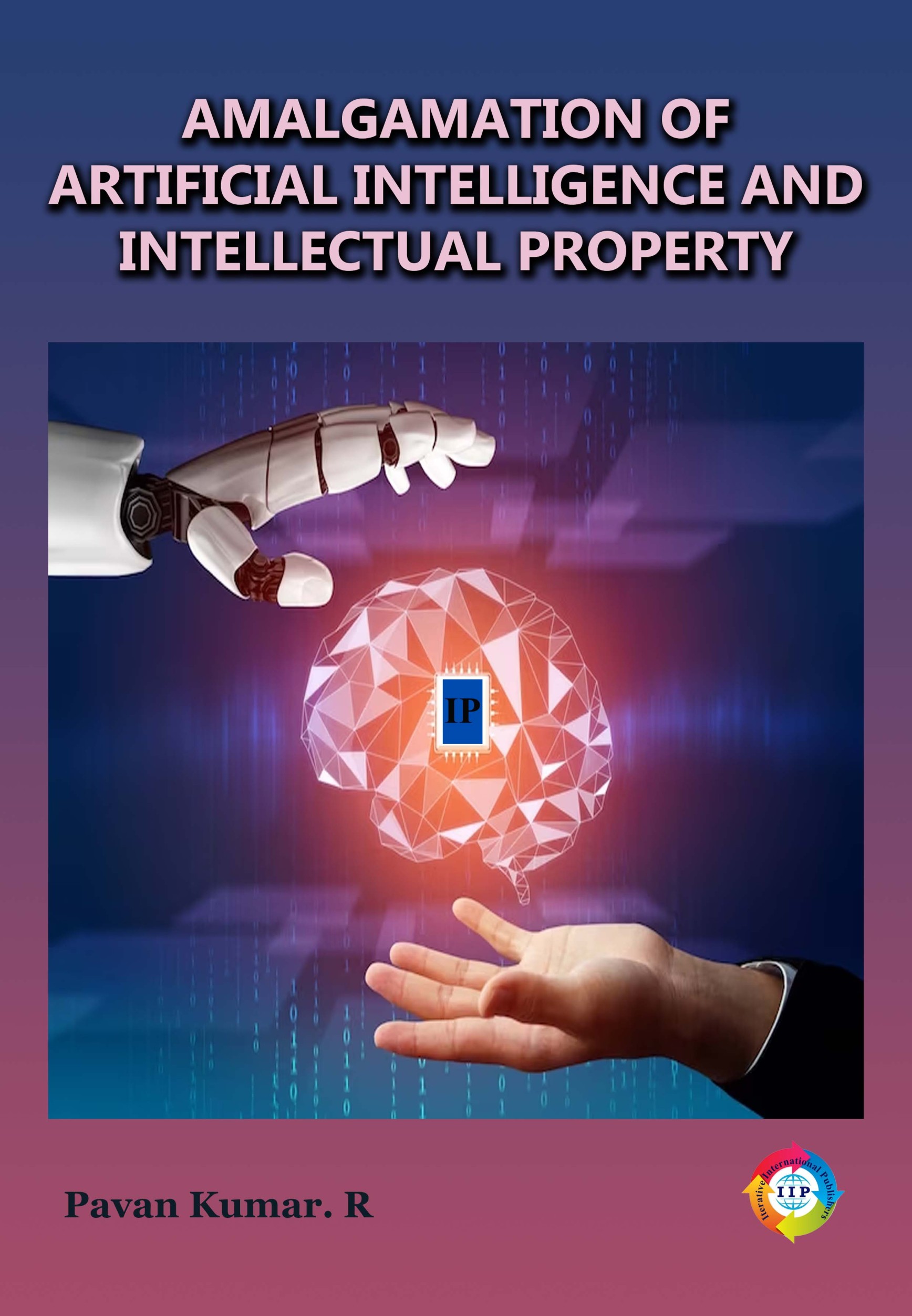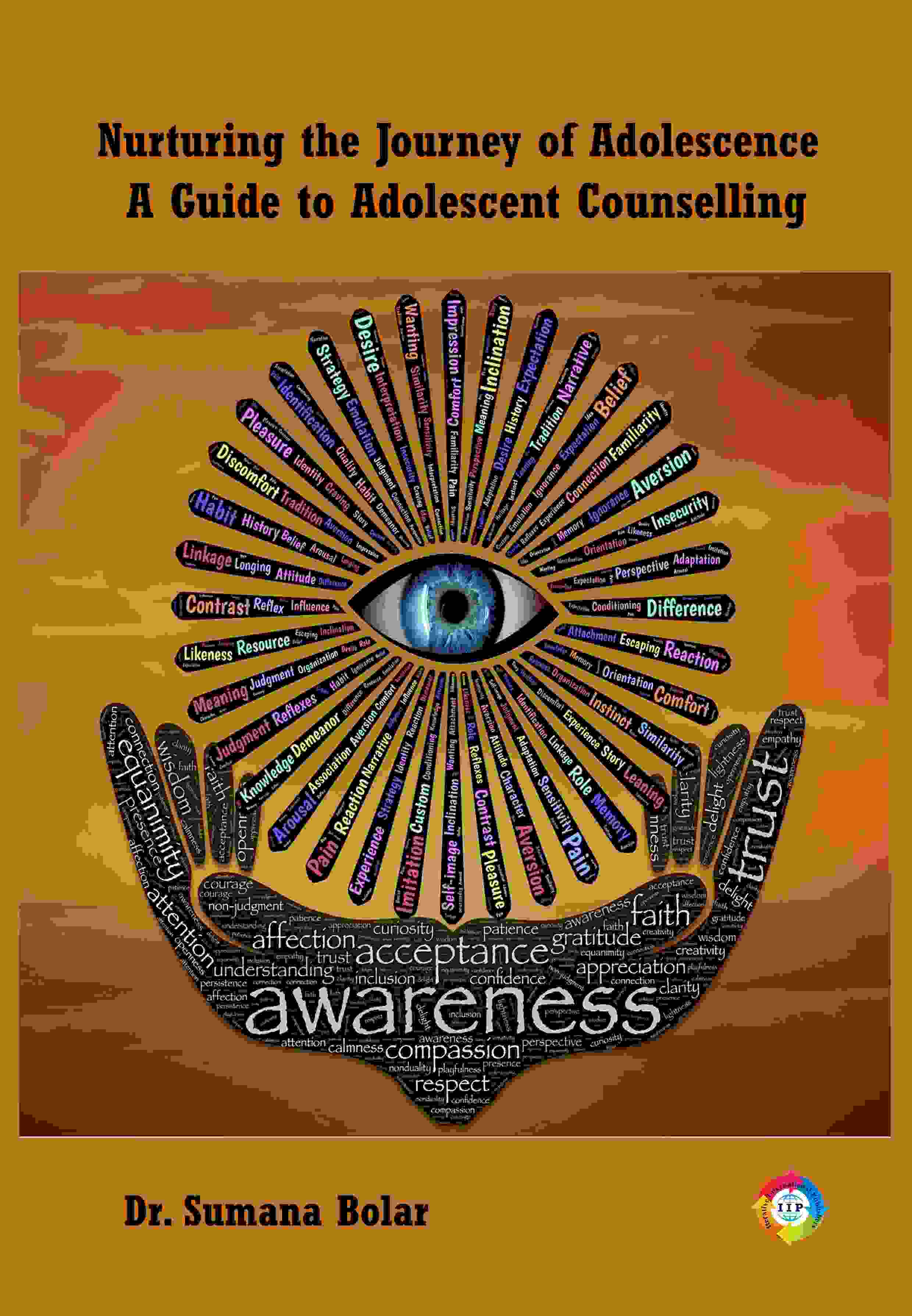
A STUDY ON SECONDARY SCHOOL TEACHER'S KNOWLEDGE AND ATTITUDE TOWARDS INCLUSIVE EDUCATION
-
TypePrint
- CategoryAcademic
- Sub CategoryPhD Thesis/Thesis
- StreamSocial Sciences
Education is a fundamental right that should be accessible to all, regardless of their abilities or disabilities. Inclusive education plays a crucial role in ensuring that children with special needs are not left behind, and have equal opportunities to learn and grow. The Government of India has taken significant steps to promote inclusive education. It is not just about accommodating children with disabilities in regular classrooms, but also confirming that their needs are addressed and that they are able to engage in meaningful learning. Achieving inclusive education must address the different needs of each learner, increase participation in learning across cultures, and reduce exclusion from schools. Over the years, the inclusion of children with special needs has been the subject of numerous international and national initiatives. At the international level, The World Health Organization designated 1981 as the International Year of Disabled Persons (IYDP), with the major topic of "full participation and equality" for differently-abled persons for their integration into mainstream society. The Asian and Pacific Decade of Disabled Persons (1992) gave fresh impetus to the implementation of the World Program of Action. The Salamanca Statement and Framework of Action (1994) has brought an enormous shift towards inclusive education regardless of individual differences. The Biwako-Millennium Framework for Action (2002) was initiated by the Governments of various nations as an additional decade (2003-2012) of the Asian and Pacific Decade of Disabled Persons (1993-2002) to create an inclusive, barrier-free and society based on the rights for differently-abled persons. At the national level in India, the Indian Education Commission - 1964-66 recommended that education for children with disabilities be integrated into the general education system. Various schemes like Integrated Education for Disabled Children (IEDC, 1974), Project Integrated Education for the Disabled-1987, National Policy on Education (NPE, 1986-92), and District Primary Education Program (DPEP-1994) have been launched to ensure equal opportunities for differently-abled persons. The most landmark legislation and a significant step towards ensuring equal opportunities, full participation, and protection of rights is The Persons with Disabilities Act, 1995. The National Trust Act (1999) was passed to provide guardianship rights to differently-abled persons to empower them to live as independently as they can. For the achievement of the Universalization of Elementary vii Education (UEE), Sarva Shiksha Abhiyan (SSA) has been launched by the government of India in 2000. The National Policy for Persons with Disabilities (2006) emphasises the rehabilitation of differently-abled persons, the provision of a barrier-free environment, and disability research to better the living circumstances of differently-abled persons. The Rashtriya Madhyamik Shiksha Abhiyan (RMSA) was initiated in 2009 to achieve universal secondary education with a focus on improving access to education for marginalized and vulnerable groups including children with special needs. The RPWD Act, 2016 has superseded the PWD Act-1995 and defines differently abled persons as those with long-term mental, physical, or sensory impairments that hinder equitable development. It aims to protect their rights, ensure inclusive education, employment, and accessibility, and provide them with equal opportunities. Despite these efforts, research studies have indicated that the success of inclusion programs depends on several factors, including teachers’ capacity to teach and manage students with special needs and their attitudes toward inclusion. Base on the review of available literature it is found that teachers’ attitudes are influenced by several factors, mostly their knowledge about inclusion. Research studies have shown that teacher's attitudes and beliefs significantly impact the success of inclusive education programs. Teachers that are knowledgeable to instruct students with special needs and have a positive attitude towards inclusion are more likely to provide quality education to children with special needs. On the other hand, lack of awareness or limited knowledge regarding children with special needs can cause negative attitudes regarding inclusive schooling. This book, titled "A Study on Secondary School Teacher's Knowledge and Attitude towards Inclusive Education," aims to provide educators, professionals, and other stakeholders with insights into the level of secondary school teacher's knowledge and attitude toward inclusive education. It also discusses the impact of teacher's knowledge about inclusive practices on their attitudes toward inclusive education. It is compiled to offer information that can help in identifying appropriate steps to provide teachers with the required knowledge, skills, and positive attitude toward inclusive education. The study will contribute to the body of knowledge available on inclusive education and shed light on the factors that influence the success of inclusive programs. It is hoped that this book serves as a guide for educators, professionals, and other stakeholders to promote inclusive education and monitor that children with special needs have accessible opportunities to viii study and develop. The success of inclusive education programs largely depends on the knowledge and attitude of the teachers toward inclusive education. This book aims to provide insights into these factors and offers suggestions to enhance the standard of inclusive practices in the education system.
**Note: IIP Store is the best place to buy books published by Iterative International Publishers. Price at IIP Store is always less than Amazon, Amazon Kindle, and Flipkart.





COMMENTS
No comments found for book with Book title. A STUDY ON SECONDARY SCHOOL TEACHER'S KNOWLEDGE AND ATTITUDE TOWARDS INCLUSIVE EDUCATION